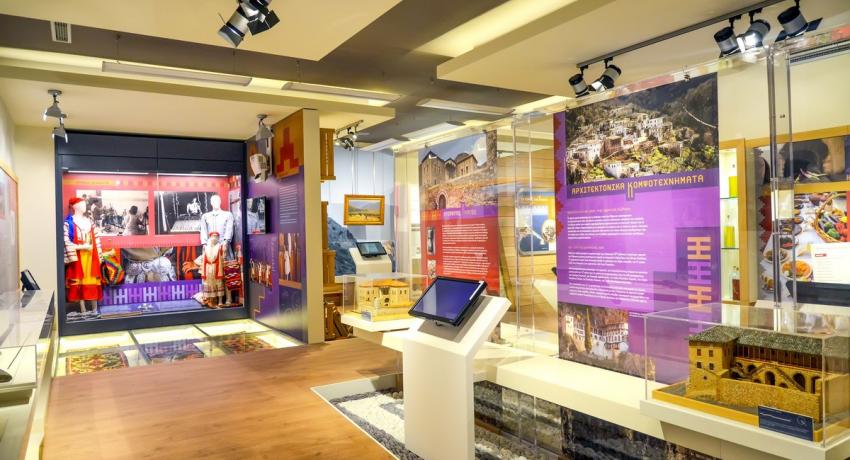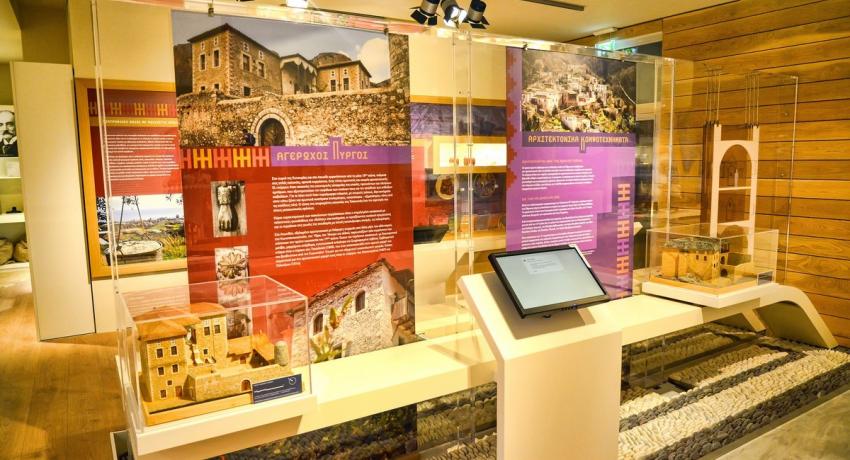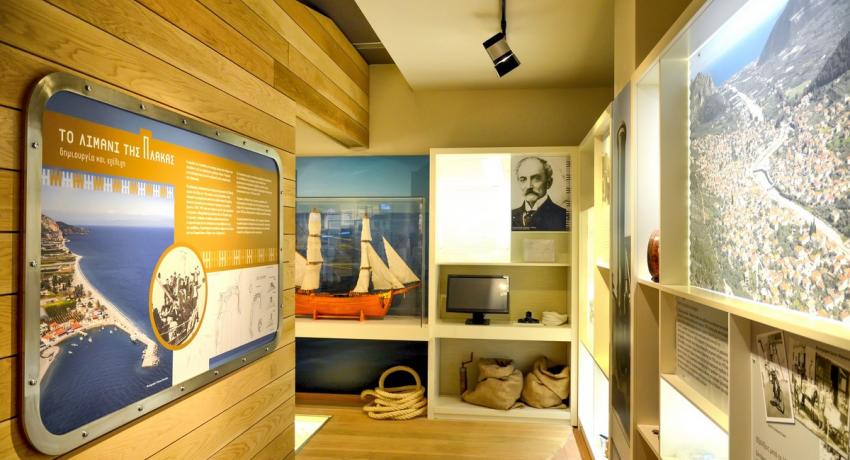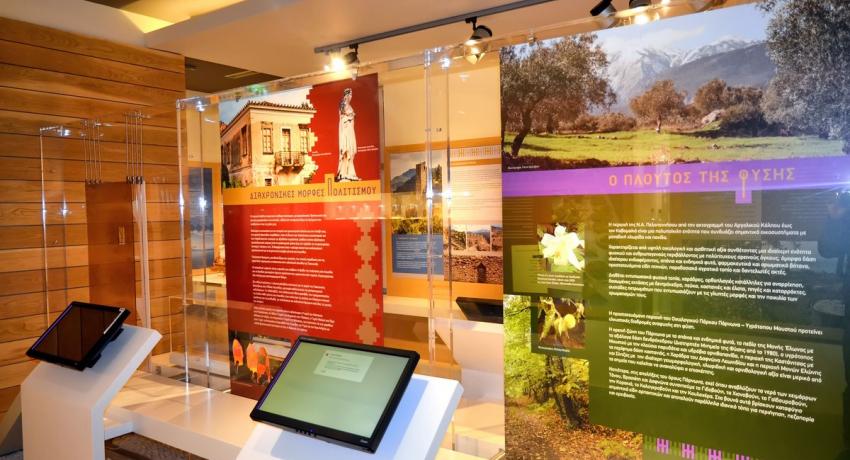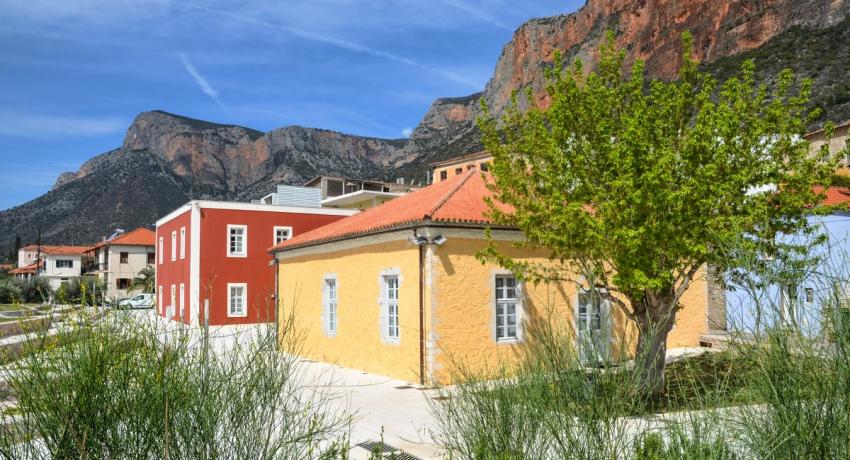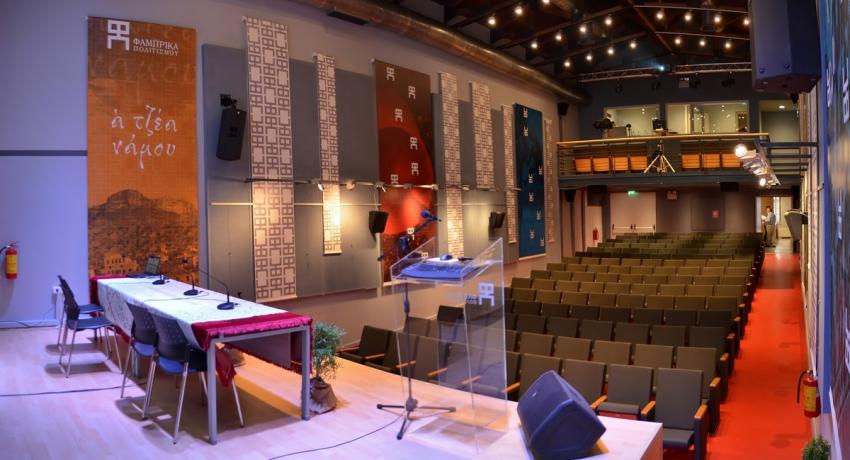The building of Fabbrica in Leonidion has a long and pleated history. It was founded in 1855 and the construction was completed in 1859. Originally it was built as an elementary school with financial contribution of the inhabitants of Leonidio. For a period of time it accommodated the town hall.
In 1924, in the school building the power plant of Apostolos Kostakis was installed and the next year it provided the electric power to the city, at the time when only few cities in Greece had electricity. In the same building a flour mill and an olive press mill were installed. Before the war in 1940, the building was sold to new owners and continued its operation. In 1987 the request to convert the abandoned complex in a cultural center was approved by the Municipality of Leonidioν.
In the following years, from 1989 to 1995, mainly with the actions of the Mayor of Leonidio of that D. Tsigounis, the financial support of public and private agencies for the restoration of the old industrial sites was secured and assisted by the Ministry of Culture, the Ministry of Environment, the Prefecture of Arcadia and the Tobacco Industry G.A. Keranis S.A.
In 2012, under Mayor I. Marneris, the project of Fabbrica has joined the Operational Programme “Competitiveness and Entrepreneurship” which was investment proposal of Municipality of South Kynouria and the Development Agency of Parnonas which have assisted in the restoration of the building, the design and installation interpretation, the supply of the necessary equipment, the development of educational tools and implementation of promotional activities.
The Fabbrica of Culture, as the building is named today in order to preserve its traditional name, started its operation in 2014 as the “Centre for the Promotion of Agricultural History and the Sea Routes in East Peloponnese” under Mayor Ch. Lysikatos, who, as an engineer, played an important role in the design and implementation of the project.
Fabbrica hostes a permanent exhibition, which focuses on the agricultural production and the sea trade of Eastern Peloponnese.
The exhibition narrates the area's history and its particularities, through visual material, interactive applications and museopedagogical means, based on the vast documentation material from the archives of Leonidion and private collections from local families.

